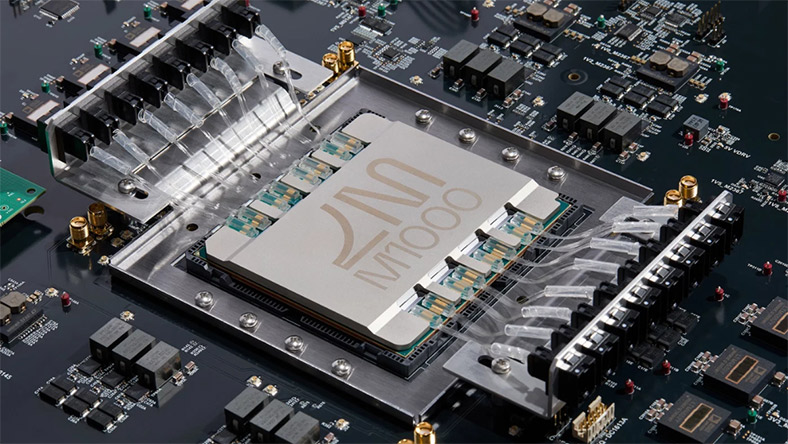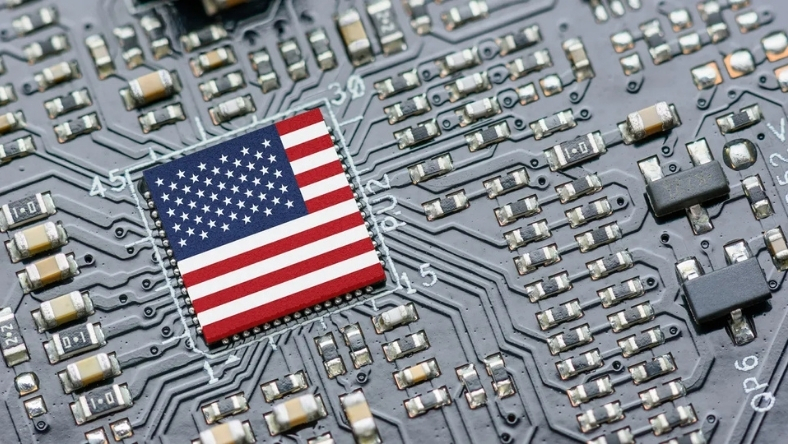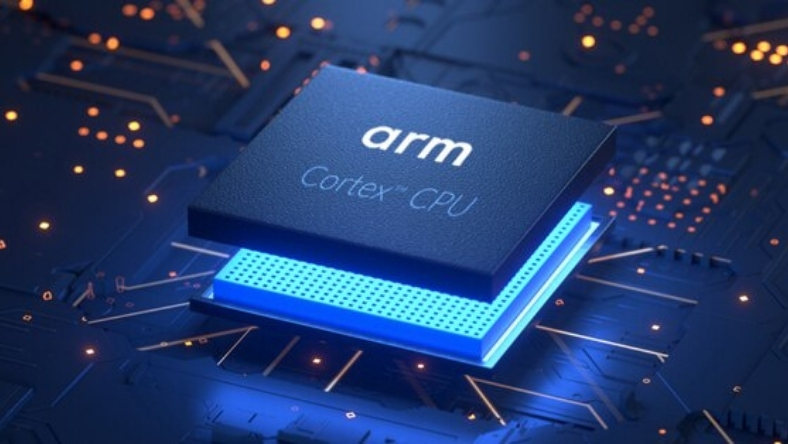INNOVATION
America's Bright Idea: Optical Chips to Power Al Future
Lightmatter's optical chip swaps wires for light, promising faster Al with lower energy costs and a strategic U.S. hardware boost.
2 Apr 2025

The race to supercharge artificial intelligence just hit a new velocity. A Massachusetts-based startup, Lightmatter, has unveiled a chip that trades electricity for light and could radically reshape how Al systems are built.
Called the Passage M1000, this chip isn't a processor itself but a kind of optical traffic controller, routing data between processors using photons instead of electrons. That may sound like a small tweak, but it tackles one of Al's biggest headaches: the growing energy and speed limits of copper wiring.
Modern Al workloads rely on vast networks of chips communicating rapidly. But traditional electrical interconnects are running out of steam, clogging up data flow and guzzling power. By contrast, Lightmatter's photonic approach offers a faster, cooler alternative that could ease strain on energy-hungry data centers.
The first shipments are expected by mid-2025, with manufacturing handled by GlobalFoundries and packaging support from Amkor and ASE.
The U.S. government, keen on building a robust domestic chiplet ecosystem, may see this as more than just a technical leap. It is also a geopolitical play. With Lightmatter now valued at $4.4 billion following a hefty Series D round, the company is emerging as a rare homegrown hardware contender in a field often dominated by giants.
Still, bringing optical interconnects into the mainstream will not be simple. Cost, complexity, and industry inertia remain major hurdles. Yet experts say this debut signals serious momentum.
If Lightmatter can deliver on its promise, the Passage M1000 might mark a pivotal turn not just for Al speeds, but for who sets the pace in the next era of computing.
Latest News
26 Feb 2026
Beneath the Surface of the CHIPS Act24 Feb 2026
Silicon Catalyst Expands Quantum Playbook16 Feb 2026
Can Cadence’s New Ecosystem Accelerate AI Silicon?13 Feb 2026
AI Digital Twins Race to Boost Chip Yields
Related News

REGULATORY
26 Feb 2026
Beneath the Surface of the CHIPS Act

PARTNERSHIPS
24 Feb 2026
Silicon Catalyst Expands Quantum Playbook

INSIGHTS
16 Feb 2026
Can Cadence’s New Ecosystem Accelerate AI Silicon?
SUBSCRIBE FOR UPDATES
By submitting, you agree to receive email communications from the event organizers, including upcoming promotions and discounted tickets, news, and access to related events.